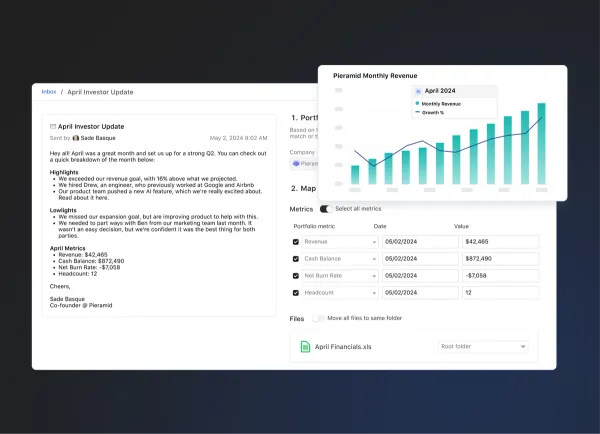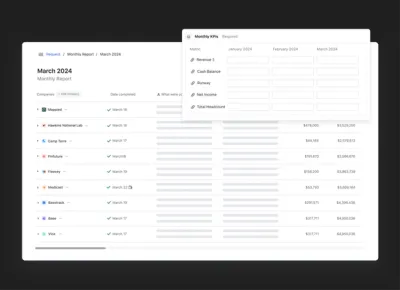
This is a guest blog post by Erika Rykun. Erika is a content strategist and producer who believes the power of networking and quality writing. She’s an avid reader, writer, and runner.
Chances are, as you stand at the beginning of your startup journey, you’re not thinking about all the stuff everyone keeps telling you is essential to protect your new biz from a number of potential issues. After all, dotting all those “i”s and crossing all those “t”s is not exactly the most riveting of your initial concerns.
But what if I tell you that about 90% of all startups fail? And one of the most popular reasons for failure is incompetence and failure to pay attention to particular aspects of your startup. As with any business, there are certain things you need to do and know to protect the future of your startup. For example, there are certain legal documents you need to have in place for your new venture.
One way to get into the right mindset? Treat your startup today like the successful business you envision it becoming. With that in mind, here are six things you should be thinking about now to protect your startup.
1. You Don’t Have to Go It Alone
Even if you’re doing everything all on your own at the start, you’ve got a great business idea and, chances are, your business will grow. So while you’re wearing your solopreneur hat in the beginning, plan on doing business now the way you expect to be doing business in the future.
Whether a corporation or an LLC is the right business structure for your startup — or perhaps a partnership is the perfect way to go — be proactive and lay the foundation for your startup by registering the right business structure for your new company. It will save you many headaches down the road.
2. Secure Your Team With the Right Contracts
It’s not just boring HR stuff: Having the right contracts in place for each of your team players, whether major or minor, will help ensure that everyone knows their roles and responsibilities. And that’s the kind of thing that’s important for any business’s success.
While employment contracts are a priority for your permanent staff, if your team members include independent contractors or consultants, remember that it’s important to get those relationships down in writing, too.
3. Keep Your Trade Secrets Secret
Most startups have their share of trade secrets, so, if there’s information about your business that you want to stay confidential, lock those secrets down with a nondisclosure agreement, or NDA.
And be careful to look at every relationship your startup has, to see where an NDA might be appropriate. For example, while you’ve probably already thought about getting your independent contractors to sign a confidentiality agreement or NDA, if your business plan contains confidential information, a business plan nondisclosure agreement may be a necessary part of your legal toolkit.
4. Protect Your Intellectual Property Assets
Whether your startup revolves around an important invention, unique software code or an emphasis on the brand you’re building, it’s important to protect your intellectual property assets now, rather than later.
So, register that copyright, apply for that patent or trademark your brand name. While the potential pirating or infringement of your intellectual property is likely not high on your priority list right now, having the proper protection for these assets now makes battling any future infringement that much easier.
Related Resource: A Complete Guide on Founders Agreements
5. Get Insured
When you’re first starting out, business insurance premiums can feel like an unnecessary drain on your cash flow. After all, you’ve got a barely there client list. Wouldn’t it be better to wait until you actually have the volume of sales to justify the premiums?
Well, no. Liability insurance, for example, can play an important role at any point in your startup’s journey to success, because a risk is a risk, no matter where you are in that journey. And, in many cases, your sole customer is just as likely to get into an accident as your 8,922nd customer. It’s probably not going to be an issue, of course, but having the right business insurance in place gives you the peace of mind that comes with knowing you’re covered for the worst.
6. Know When You Need an Expert’s Help
No one wants to pay expert advisers’ fees, but sometimes you need to have the knowledge and experience that an expert can bring to the table.
Whether it’s enlisting the services of an attorney to help you draft a particularly complicated agreement, or talking with a CPA to help you structure your business in the most tax-efficient way, it’s always a good idea to prioritize hiring an expert when you need one.
You’re at the start of what could turn out to be a beautiful, successful journey. Secure that potential future today by being proactive and treating your fledgling startup like the successful business you know it will be.
Related Resources: How to Write a Business Plan For Your Startup




